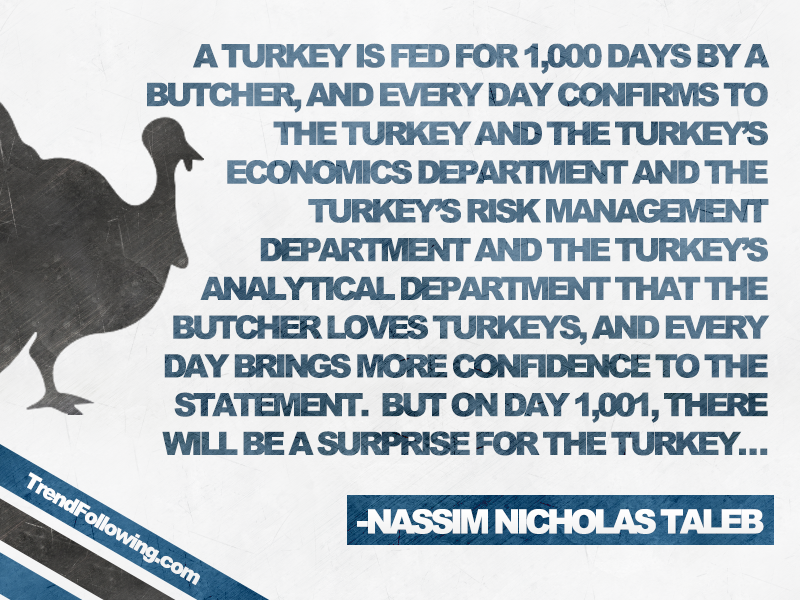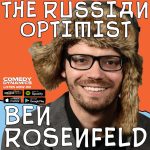
I recently got an email from a college student interested in working in entertainment/comedy. I figured I’d post the Q&A here too, in case it might help others. If you’re a young person and have more questions, ask in the comments or via the contact page.
(*FYI most of these answers do not take COVID-19 and how it’s affected/affecting live entertainment into account – so pretend I wrote this in February of 2020 or 2022)
What is your current position title and what does it entail?
I’m a stand-up comedian. I live my life, notice interesting things that happen, write jokes about them, then perform them on stage. I audio or video record each show, then listen back and rewrite based on where laughs do or don’t occur and what I riffed in the moment.
Other comedy things I do: write scripts and try to sell them to get a TV show or to get staffed for writing on someone else’s TV show, use social media to gain a following, audition/act, create books, create comedy albums/specials, do voice-overs, write/direct/edit my own short comedy videos, etc.
Also I know you’re copy/pasting this to a bunch of people but “Current Position Title” is way too corporate a term for my line of work.
What is your educational background and how has it prepared you for this career?
I majored in economics and philosophy. Other than general work ethic and thinking about ideas, it didn’t directly prepare me.
Can you recall any specific academic courses that you have found helpful in this role and why?
The most helpful thing I did in college as relates to my life right now was to co-create and write for a parody website of Rutgers called Slutgers.
We’d write articles like “drink of the week” and “sexual position of the week” and do funny captions for user-submitted photos. We’d also create merchandise like t-shirts, shot glasses and thongs and go around the dorms selling them. It was basically “College Humor” but only for Rutgers.
As a student, were you involved in any outside of the classroom activities (internships, student organizations, research, volunteer, etc.)? If yes, what were they and how were they helpful to you?
Mainly, see Slutgers above. I think I did some other things as well: I might’ve been a new student orientation volunteer one year. I think I had some internships at the museum, and I played roller hockey for a year or two, but it was 10+ years ago so I don’t really remember all my “resume building” details. I guess studying abroad counts as something, because I think I talked about that when I interviewed for “real” jobs.
How did you land your first position?
I went to career services. They asked what I wanted to do. I said “I don’t know. But I’m smart and I like to travel.” They said “How about consulting?” I looked into it, different projects and travel, decent pay. Sounded good. So I did all the on-campus interviews with all the management consulting places that were recruiting Rutgers and got a job offer with Accenture.
What are the more challenging and rewarding parts of your job?
Challenging = building a loyal following that wants to listen/watch/pay money to see you.
Rewarding = the creativity. Stuff like when a new joke starts working on stage, or changing the order, or building your new hour by playing with the order.
Also you get to talk to, hang out with and befriend other lost and funny souls. Way more interesting than the shmucks at a regular office’s water cooler.
What advice would you have for young professionals just getting started in this field?
Stop using the words “young professionals.” Learn a little joke structure. Then write some jokes. Put it away for a few days. Look at it again and edit the shit out of it. Memorize that. Then go perform it. Record it. Listen back. Make adjustments. Keep doing that process.
Also be polite/nice to everyone cause it’s a small community and already hard enough. Or just make a viral youtube video that gets you a loyal following and you can skip being good at the craft…
Also with comedy, especially at the start before you find your voice, you should be pretty familiar with what other people are doing/talking about, so that you avoid those subjects. Once you learn your character/viewpoint you’ll have a unique take on the most common of subjects and this matters less, although I still try to avoid very common subjects unless my joke is very specific.
Have you done any freelance work? Is job security with that type of work a big issue in highly populated areas like NYC and LA?
It’s all freelance work. Job security didn’t exist before COVID19, now that’s just an oxymoron. If you want “job security” go work in something other than entertainment. At least entertainers know they don’t have job security. Everyone else is pretending that they do – see current global situation and Nicholas Nassim Taleb’s Turkey Story below… Regular w2 wage workers = turkey.

Do you have one piece of advice for someone who has never tried stand-up before but would like to try?
I wrote a blog post about it here.
In this digital and social media age, do you think it is plausible and sustainable to pursue a career solely online?
Yes. You can become a Youtube/Instagram/TikTok/whatever else star if that’s where your drive and passion is.
I take a lot of digital audio classes and am interested in possible producing podcast in the near future. Have you had any experience in this somewhat new and popular media format?
Podcasting isn’t new at this point. It’s a mature medium. I did a podcast for 2 years / 100 episodes with two other comedians. It was fun. I learned the skill of bullshitting for an hour and being funny. We never had huge audience growth, so eventually, we stopped doing it. I’ve also been a guest on dozens of other people’s podcasts.
This is true for podcasting as well as all entertainment, if you’re interested in it and have a passion for it, you should do it. Just don’t expect anything to happen from it other than learning how to do it. (“You’re entitled to your labor but not the fruits of your labor” I believe is the quote.)
Recently with all the institutions closing down, how has the CODVID outbreak affected your field and do you think it will return to normal?
Until there’s a vaccine that gets distributed to the whole population, all live performances are fucked. My guess is that will be the next 6-18 months minimum. It ain’t gonna be pretty.
Wanna try stand-up comedy yourself? Consider taking my NYC Comedy Class or booking a private one-on-one comedy coaching session (in person or via Zoom)
More Stand-Up Comedy Tips:
- 10 Steps to Become a Great MC
- 3 Tips To Planning A Successful Comedy Show
- Are Any Topics Off Limits?
- Barking Tips
- Dealing With Hecklers
- Five Tips For Your Comedy Event To Run Smoothly
- How I Got 100,000 TikTok Followers In 51 Days
- How To Make Money In Comedy
- How To Put Together A Great College Comedy Show
- How To Record Your Own Comedy Album
- How To Self Publish A Book Through Kickstarter
- My Writing Process
- Not Connecting With The Audience?
- Organizing Jokes
- Overcoming Stage Fright
- Producing a Show: Getting Audience
- Producing a Show: Running The Show
- Producing a Show: The Comics
- Producing a Show: The Venue
- Ten Tips To Succeed During a Check Spot
- The 8 Different Types of Comedy Audiences
- The Pecking Order
- Treat It Like a Job
- Types of Shows for Beginners
- Types of Spots
- What To Do When Nobody Laughs
- Your First Stand Up Performance



